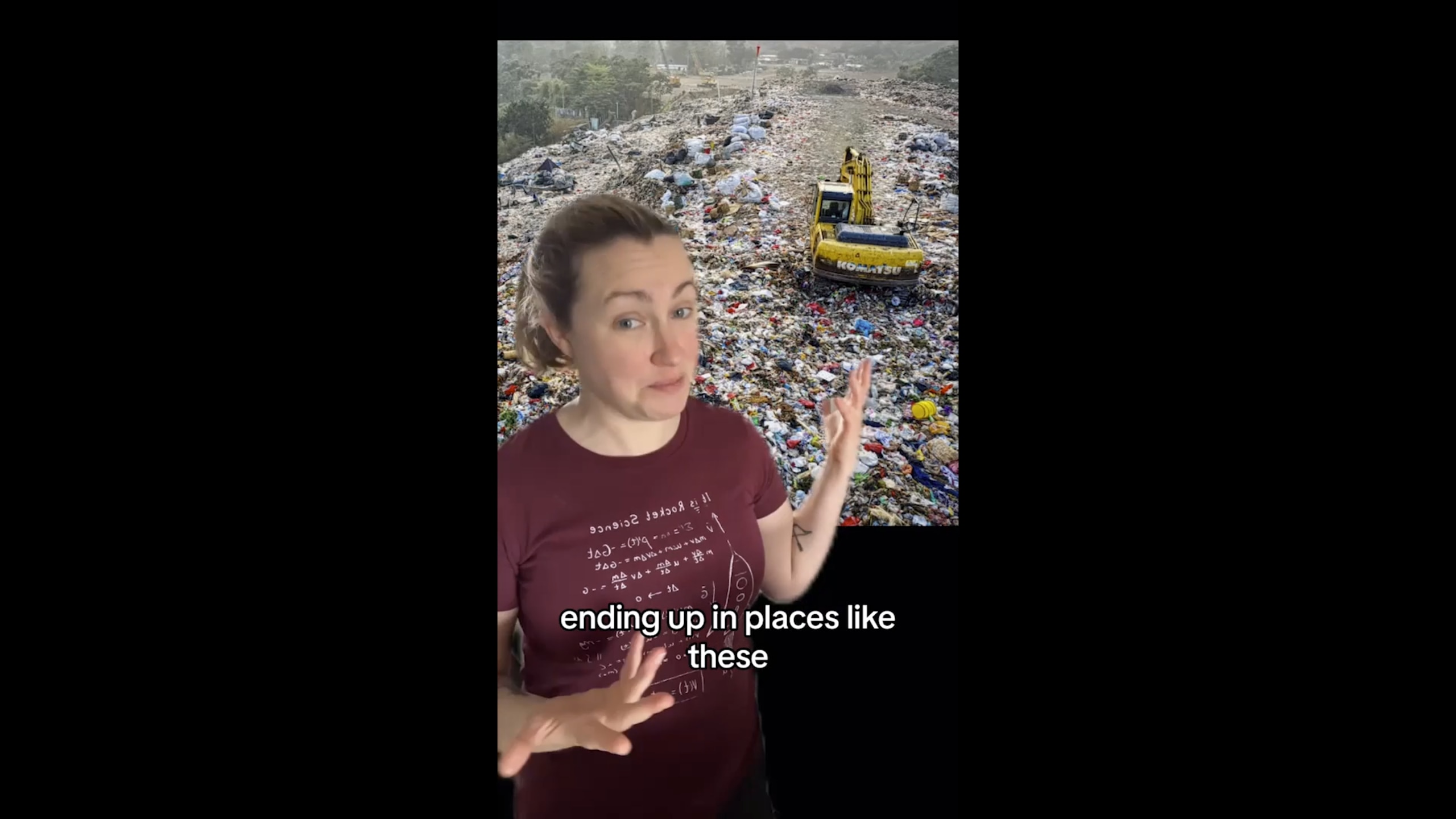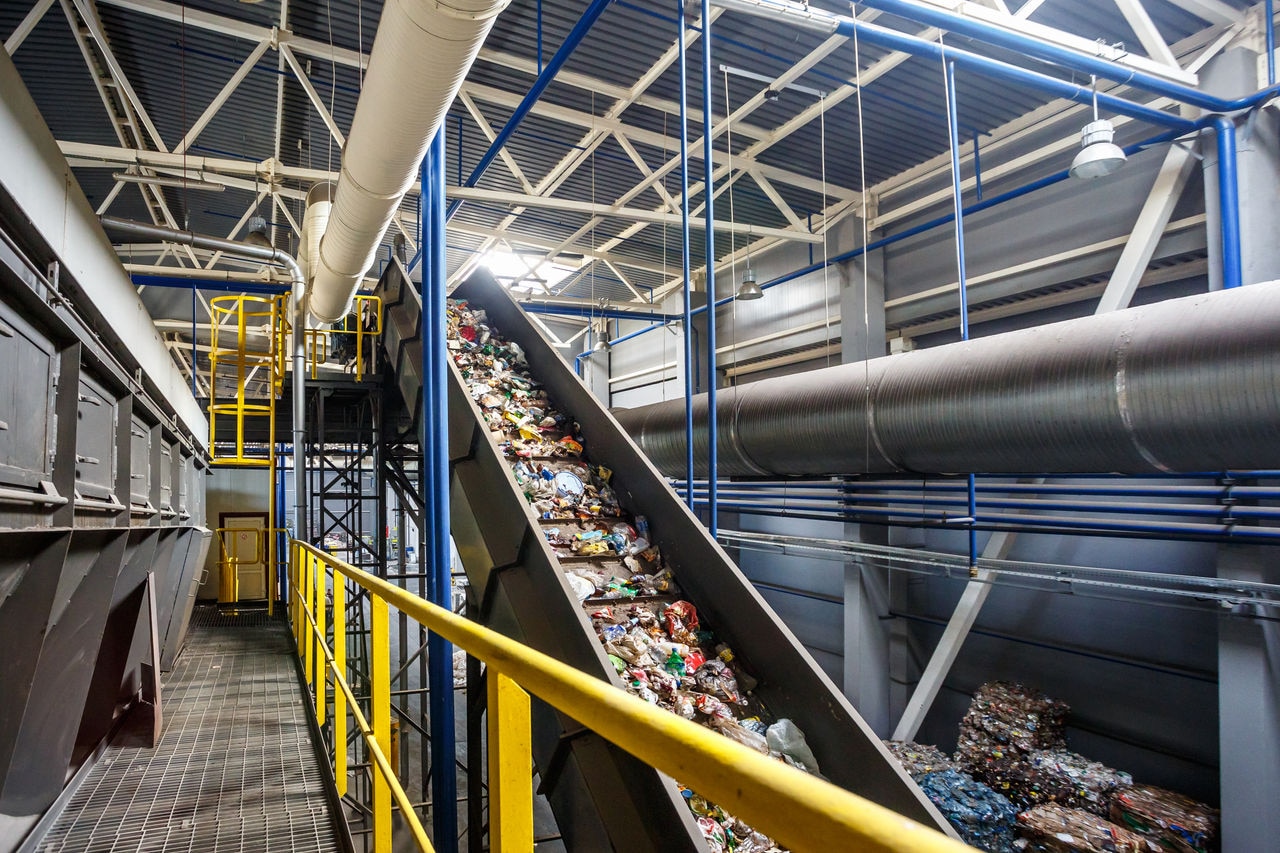
Materials Ecosystem
Advanced recycling Systems for a circular plastic future
Learn how advanced recycling technologies and systems like chemical recycling are making plastics more sustainable as part of the materials ecosystem.
What is the role of Advanced Recycling in the materials ecosystem?
Through our investment in Advanced Recycling Systems, also known as chemical recycling, we’re enabling previously non-recyclable plastics to be reused in high-performance applications.
Unlike mechanical recycling, advanced recycling breaks down plastics into their original building blocks, producing high-quality materials that can be recycled again and again without loss of performance. This innovation opens up vast new opportunities to reduce plastic waste and extend the lifecycle of valuable resources.

Dow X Xycle
We are transforming hard-to-recycle plastic waste and increasing access to circular feedstocks with our latest investment in advanced recycling startup Xycle. The investment will support construction of Xycle’s flagship advanced recycling facility in the Port of Rotterdam, with a capacity to process 21 kilotons of plastic waste annually.

Dow X Freepoint
Together, Dow and Freepoint Eco-Systems are building a recycling system that converts plastic waste into valuable materials. The supply agreement for 65,000 metric tons of circular feedstock advances the Companies' shared goal to support a circular economy for plastics in North America.

Dow X Mura Technology
Alongside our partner Mura Technology, we are planning and building multiple chemical recycling facilities in the U.S. and Europe, adding as much as 600 kilotons of recycling capacity by 2030. In October 2023, Mura opened the world’s first commercial-scale HydroPRS™ (Hydrothermal Plastic Recycling Solution) advanced plastic recycling plant in Teesside, U.K. The purpose-built facility at the Wilton International industrial site will process flexible and rigid mixed plastics, including films, that are currently considered ‘unrecyclable’.

Dow X Plastogaz
Dow and Plastogaz SA, a technology start-up and proprietor of a Advanced Recycling Systems, have a strategic investment, which will help to simplify the process of converting plastic waste to feedstock and provide another carbon-efficient option to keep plastic waste out of landfills and the environment. The collaboration marks another milestone in Dow’s ongoing mission to protect the climate and close the loop on plastic waste.
Explore other collaborations
Frequently Asked Questions
Plastics are heated up to very high temperatures (more than 500 degrees Fahrenheit), breaking down the chemical bonds that held them together.
While advanced recycling technologies (such as gasification or pyrolysis) vary, the goal is the same: to convert plastic waste to a liquid or gas feedstock — which can be further refined, removing additives, colorants, odors and other contaminants — and to minimize emissions to prevent value loss.
Advanced recycling allows plastic to be reused repeatedly in a wide range of products, including food packets and beverage containers.
Advanced recycling, also referred to as chemical recycling. unlocks a powerful new pathway for circularity, enabling plastics that were once considered “non-recyclable” to be recovered and reused. Unlike mechanical recycling, which works best with clean, sorted plastics, advanced recycling can process harder-to-recycle materials like multi-layer packaging and contaminated films.
By converting used plastics back into molecular-level feedstocks, advanced recycling creates virgin-quality polymers, ready to be used again in food contact packaging, medical applications, and high-performance products. It expands the circular economy to include more material types, reduces dependency on fossil feedstocks, and helps industries meet recycled content targets without compromising quality.
What sets advanced recycling apart is its ability to break plastics down to their fundamental chemical building blocks, rather than simply melting and reshaping them.
There are several forms of advanced recycling, including:
- Pyrolysis – heating plastics in the absence of oxygen to produce oil-like feedstocks.
- Gasification – converting plastics into syngas for use in new materials or energy.
- Depolymerization – unzipping specific polymers (like PET) back into monomers.
These processes allow advanced recycling to handle complex and contaminated plastic waste, produce near-virgin quality outputs, and integrate directly into existing petrochemical supply chains.
This precision and flexibility make it a critical complement to mechanical recycling, and essential for building scalable, resilient circular systems.
Advanced recycling is transforming how we think about plastic waste, not as trash, but as valuable raw material.
Here’s how it’s making impact:
- Capturing more plastic types: From multilayer films to contaminated wrappers, advanced recycling processes materials that would otherwise be landfilled or incinerated.
- Closing the loop for food-grade plastics: It creates feedstocks suitable for food contact packaging, supporting brand goals and regulatory requirements.
- Reducing fossil demand: By turning used plastics into circular feedstocks, it cuts reliance on virgin fossil resources.
- Enabling mass balance accounting: Certified systems like ISCC PLUS track and verify recycled content in complex supply chains.
At Dow, we’re investing in advanced recycling partnerships and infrastructure to help scale these solutions globally, so more plastics can live again, and again.

Join the ecosystem
Get in touch to collaborate with us.





